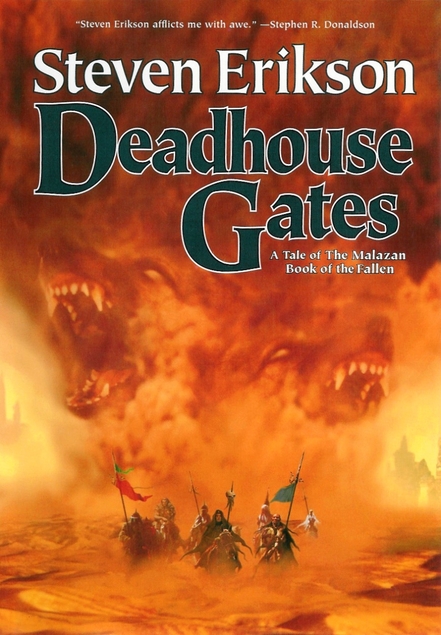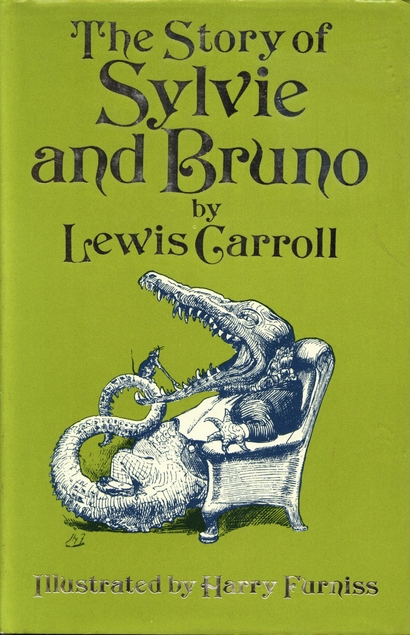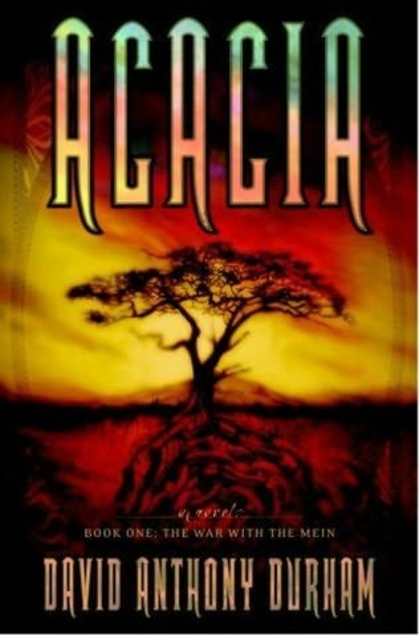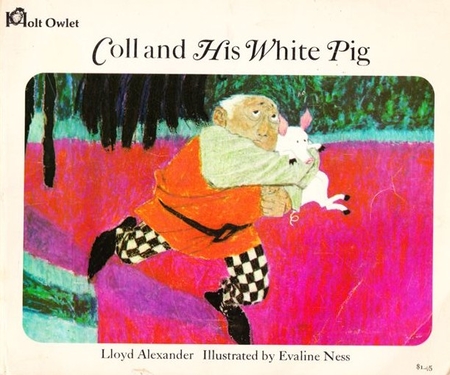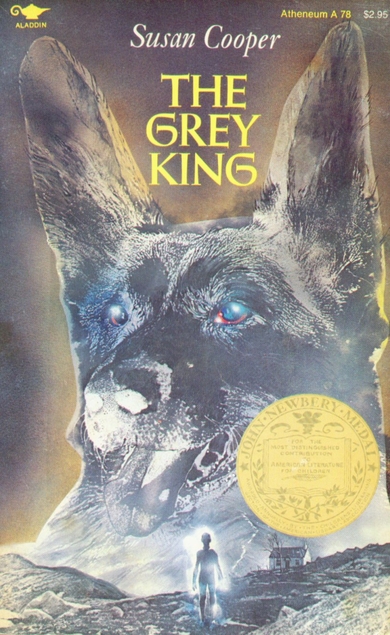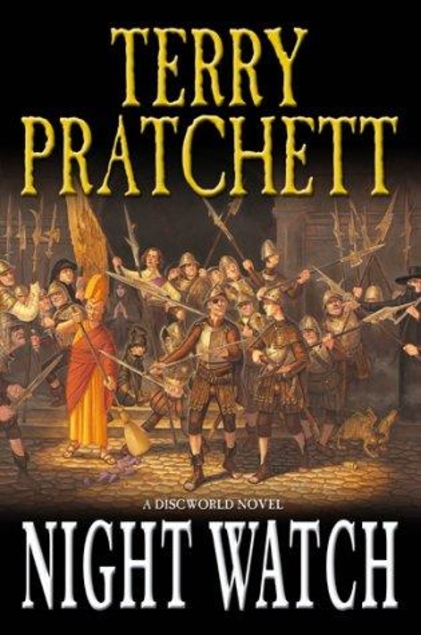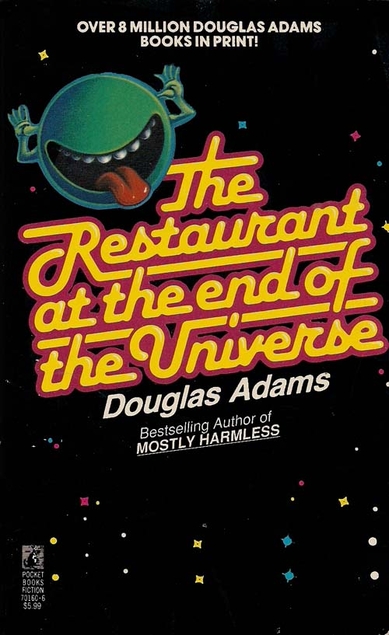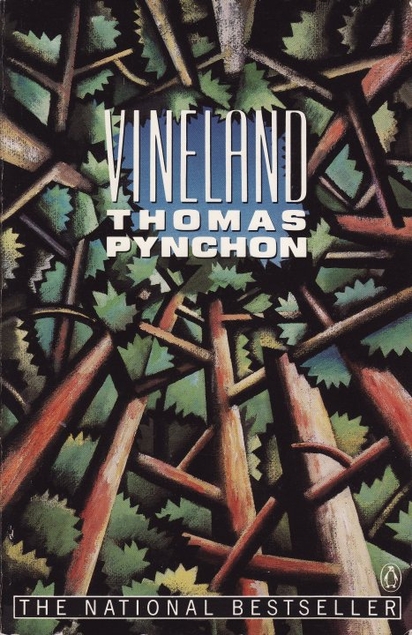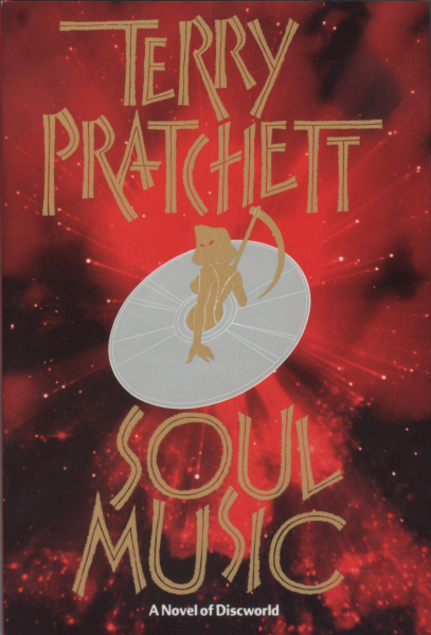 I’ve read so many of Pratchett’s books, that they’re bound to come up. Still, I hadn’t expected my little patchwork random book-chooser to spit out another one so quickly. I own about four of Pratchett’s books, and this is one of them.
I’ve read so many of Pratchett’s books, that they’re bound to come up. Still, I hadn’t expected my little patchwork random book-chooser to spit out another one so quickly. I own about four of Pratchett’s books, and this is one of them.
(Sidenote: Alice was obsessed with this book for about a week, and carried it everywhere. This was when she was about three, I think. She came up with her own title for it, something about vampires taking baths, and carried it with her everywhere she went in the house. When I told her what the title of the book was, she told me I was wrong. I think she liked how shiny the “bathtub” is on the cover.)
If I recall correctly, which I probably don’t, Death tires of being death, and decides to go on the road… as a musician? …as a handyman? and leaves his work to his adopted daughter. Meanwhile, in Ankh-Morpork, rock and roll is discovered! Then lots of stuff happens, Death continues to speak in all capital letters, and I come to realize that the plot of Pratchett’s books isn’t so important, compared to his execution of them.
Pratchett writes silly, silly, deeply serious books. This guy ponders pretty much the entirety of human existence through his comedic, fantasy novels. There are those who might move on by Terry Pratchett’s novels–though not many, because he’s sold millions and millions of books (I looked it up: 85 million+) all over the world–because of their fantastical content, and those people are sadly missing out.
Go read a Pratchett novel. It won’t take long, and it almost doesn’t matter which one.
